In the realm of electrical services, the distinction between domestic and commercial work is crucial. While both require expertise in handling electrical systems, the scope and complexity of commercial projects often surpass those found in residential settings.
Domestic electricians are typically trained and experienced in servicing residential properties. Their expertise lies in tasks such as installing outlets, wiring, and addressing household electrical issues. On the other hand, commercial electricians specialize in larger-scale projects, including office buildings, retail spaces, and industrial facilities.
However, it’s not uncommon for domestic electricians to venture into commercial territory. The question of whether they can handle such work hinges on several factors:
1. Complexity of Projects: Commercial electrical systems are usually more intricate and demand a higher level of expertise compared to residential setups. They often involve heavy-duty equipment, complex wiring configurations, and adherence to stringent safety codes. While domestic electricians may possess fundamental skills, they may lack the experience required to navigate these complexities effectively.
2. Regulatory Compliance: Commercial projects are subject to a myriad of regulations and safety standards, enforced by local authorities and regulatory bodies. Commercial electricians are well-versed in these requirements and ensure that installations and repairs comply with all codes. Domestic electricians may not be as familiar with these regulations, potentially leading to compliance issues and safety hazards in commercial settings.
3. Scale and Time Constraints: Commercial projects often have tight deadlines and require coordinated efforts to meet timelines. While domestic electricians may excel in smaller-scale projects with flexible timelines, they may struggle to keep pace with the demands of commercial work. Managing larger teams, coordinating with other contractors, and working efficiently under pressure are essential skills for commercial electricians.
4. Specialised Equipment and Tools: Commercial projects may necessitate specialized equipment and tools that domestic electricians may not possess. From heavy-duty machinery for industrial installations to advanced testing equipment for complex systems, having the right tools can significantly impact the quality and efficiency of work in commercial settings.
5. Insurance and Liability: Commercial projects typically involve higher stakes and liability risks compared to residential jobs. Commercial electricians carry insurance coverage tailored to the specific risks associated with commercial work, providing protection for both themselves and their clients. Domestic electricians may need to reassess their insurance coverage and liability limits before undertaking commercial projects.
While domestic electricians may possess the foundational knowledge and skills required for electrical work, transitioning to commercial projects entails overcoming significant hurdles. However, this doesn’t mean it’s impossible for them to take on such tasks. With additional training, mentorship from experienced commercial electricians, and a commitment to staying updated on industry regulations and best practices, domestic electricians can expand their capabilities to handle commercial work.
While domestic electricians may have the basic skills needed for electrical work, tackling commercial projects requires a different level of expertise and experience. Commercial electricians specialise in handling the complexities, regulations, and scale of commercial installations and repairs. While domestic electricians can potentially transition to commercial work with additional training and resources, we highly recommend clients seeking electrical services for commercial properties are advised to prioritise hiring experienced professionals with a proven track record in commercial electrical work – contact us to find out more.


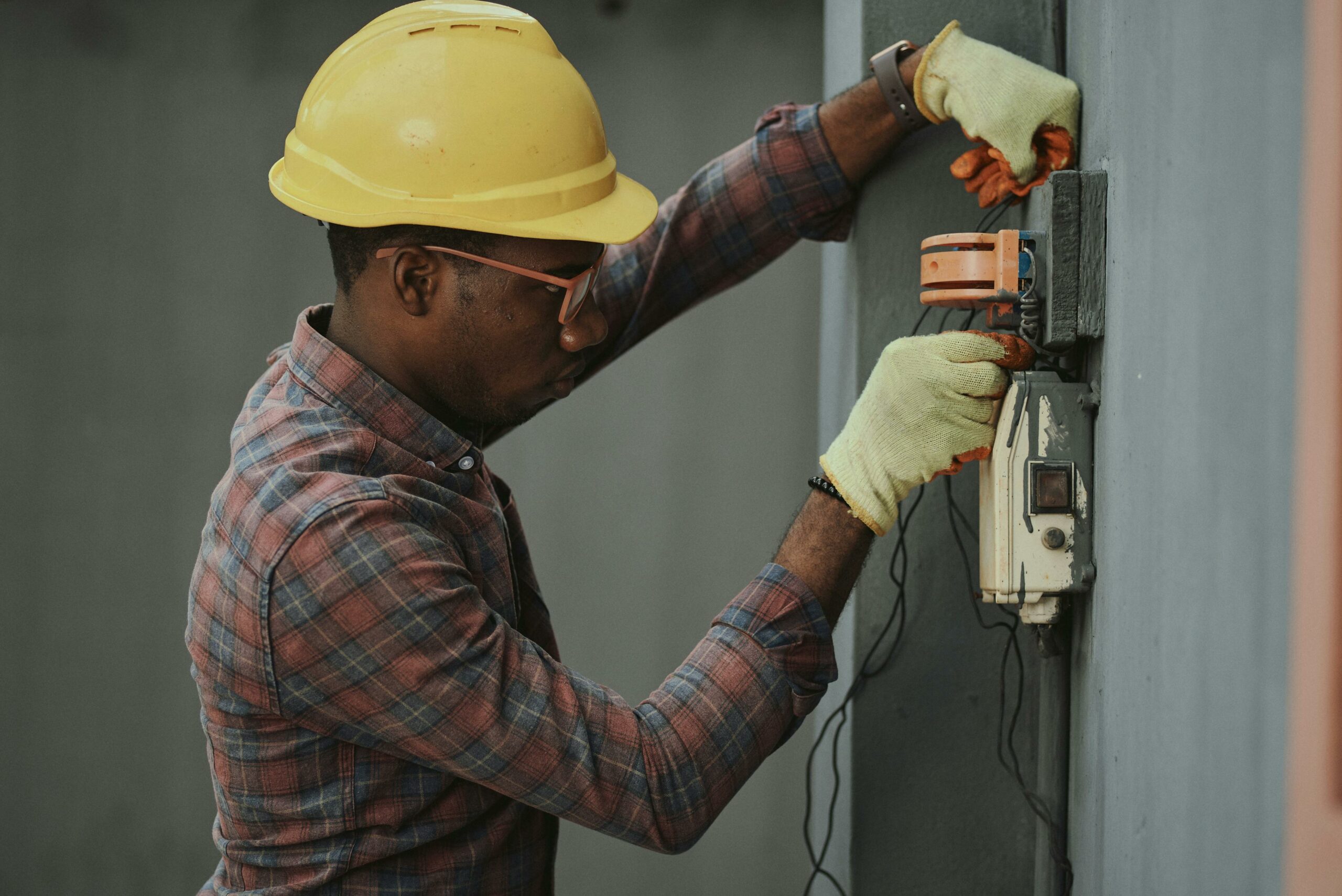
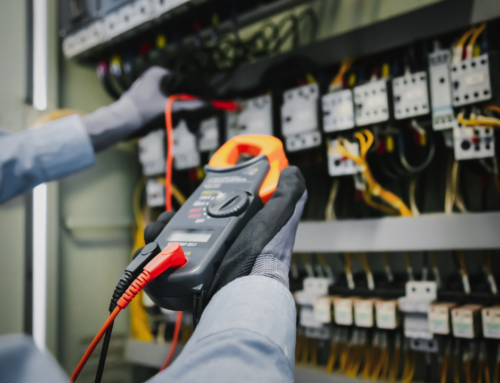
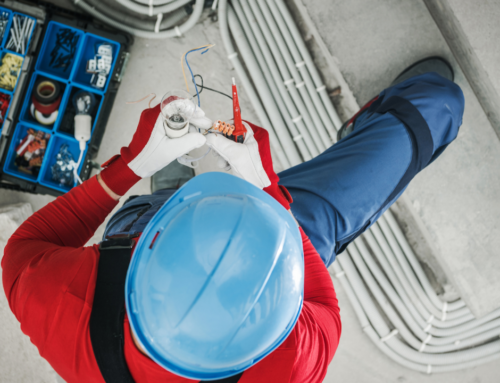
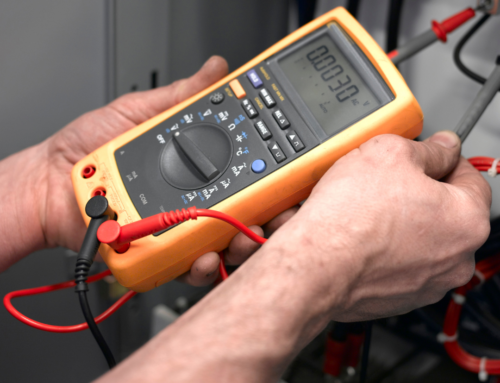
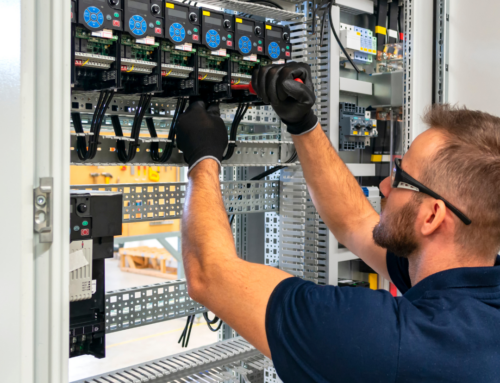
Leave A Comment